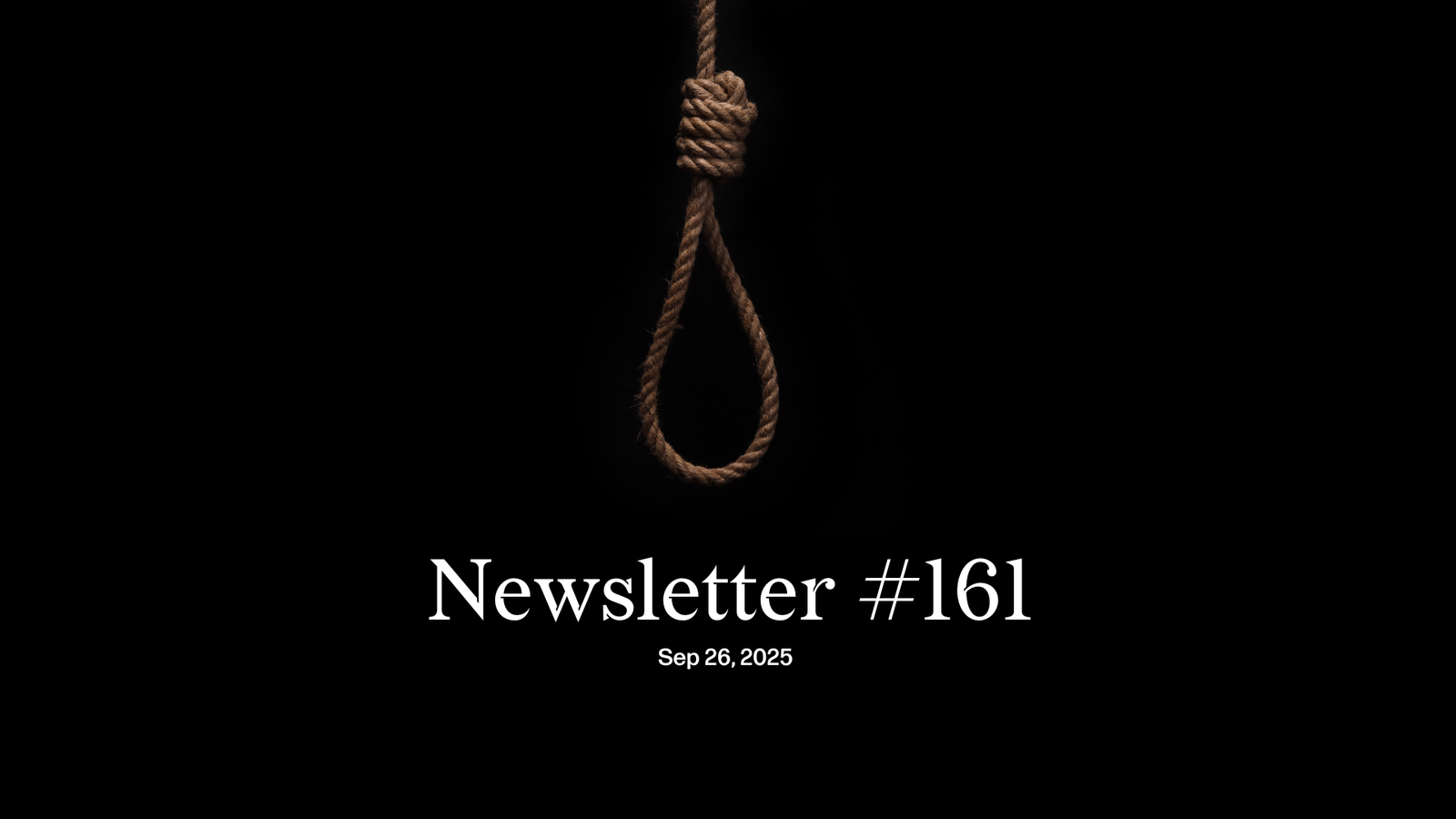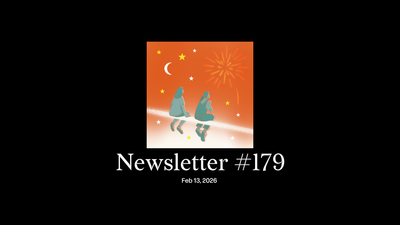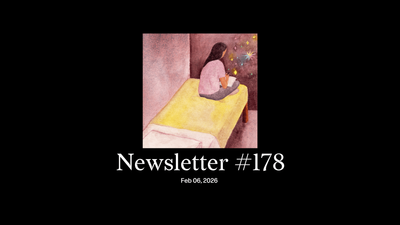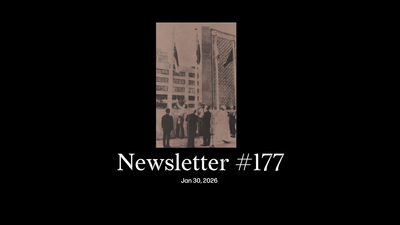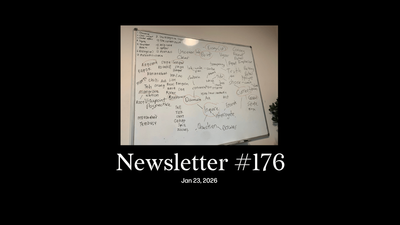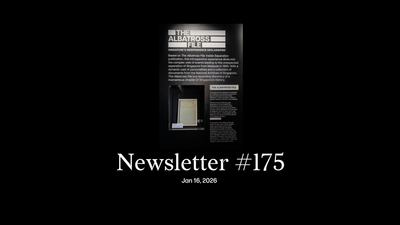Dear reader,
Several issues in the news this week are indicative of the importance of societal discourse, of our fledgling democracy’s growth. Unemployment support, once anathema in this welfare-averse society, is now a thing. Though far from ideal, it’s a start, and we assess the early evidence and propose ideas for improvement.
Meanwhile, as we approach the two-year anniversary of October 7th 2023, we look at Singapore’s evolving, though still problematic, stance towards the question of Israel and Palestine. And there’s a lively, data-fuelled, discussion about our train breakdowns, from Parliament to TikTok, that’s worth following. All that and more in our weekly digest.
- The story behind our new F-35 fighters
- What are the roots of discontent in Nepal?
- Why SG’s refusal to recognise Palestine is part of a broader, global, diplomatic dance
- What are the key socio-economic issues the new Parliament will debate?
- What is the real cost of this year’s train breakdowns?
- Unemployment support is here, and how we can improve
- Can carbon credit projects help us achieve “net zero” by 2050?
- Singaporean novelists embrace the Boys’ Love genre
Essay: “The death penalty: seeking an honest conversation” by Jom’s editorial team
For a society that prides itself on deep thought and analytical rigour, our common base of knowledge on the death penalty is shockingly hollow. Many of us, socialised by decades of conservative views, just assume it’s necessary to keep Singapore “safe”—even though there’s no conclusive evidence, anywhere in the world, that it deters crime more than other punishments, such as life imprisonment.
This misconception is not just something to groan about over kopi, but one that has tragic consequences for our fellow humans and their families. When our team decided to begin work on this over a month ago, we had no idea it would be published a day after the state executed another person. This phrase is so overused that it risks becoming trite, but I plead with you to read it now afresh, slowly, and think about what it means: their blood is on our hands.
It’s a sensitive and taboo subject, not easy to discuss. Since the two parties in Parliament support it, contrarian views from abolitionists, including Jom, rarely get air time. Public discourse, if it even exists, is polarised. But we believe that’s all the more reason for us to lend our voice to the discussion.
“Readers may feel that there are more pressing issues for us to contend with, such as the cost of living; and may wonder about the potency of our arguments amidst serious public health concerns over drug-laced vapes. Yet each one of us is implicated in the death penalty—it’s our collective decision to end the life of another in the apparent pursuit of justice and safety. With numerous humans on death row, and more surely to join them, it’s hard to conceive of any issue more urgent.
Calling for the abolition of the death penalty should not be misconstrued as being ‘soft’ on crime or lacking empathy for the victims of drug abuse (and other crimes). Too often, these things are lazily conflated, as if every abolitionist is some blinded libertarian who wants to defund the police and let junkies swap syringes in Seletar Park. No. We believe that Singapore can remain a safe place, and can reduce the harm drugs inflict on users, without the death penalty.”
Read our essay now. And please forward it to your friends. We’ve put it outside the paywall.
I know we’re not going to change hearts and minds overnight, though I also know many of you want to nurture a more humane society, one in which the main measure of success is how we treat society’s most vulnerable.
Jom muhasabah,
Sudhir Vadaketh, editor-in-chief
Jom
If you’ve enjoyed our newsletters, please scroll to the bottom of this page to sign up to receive them direct in your inbox.


